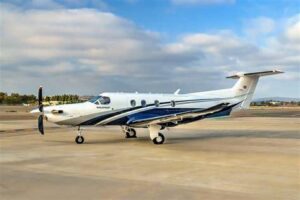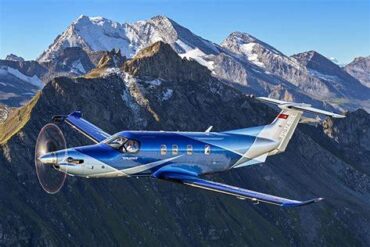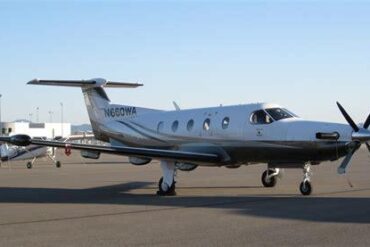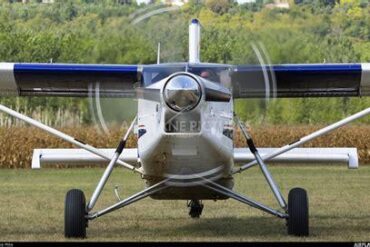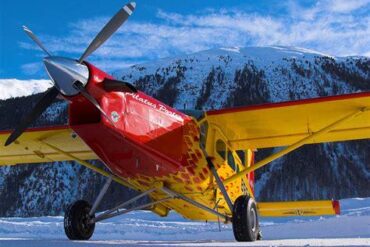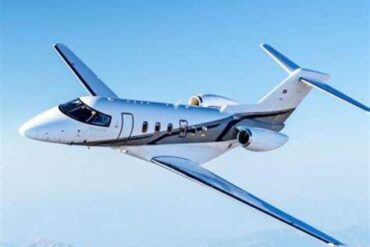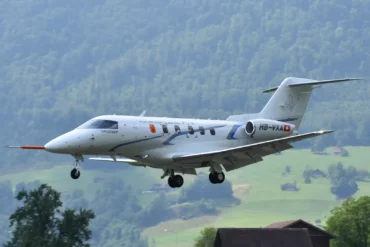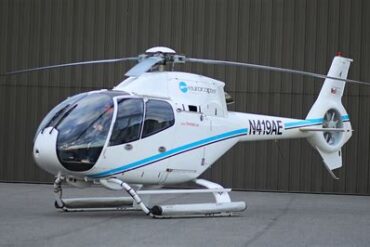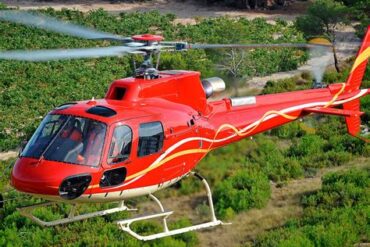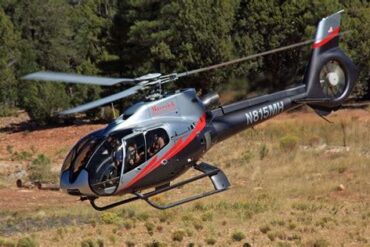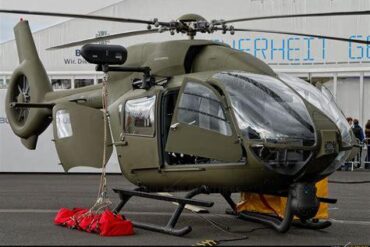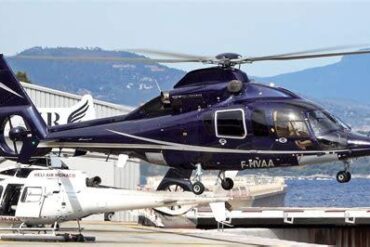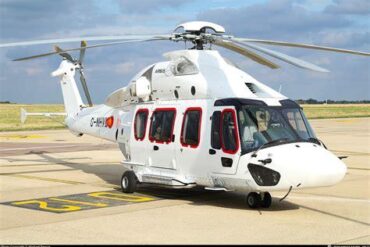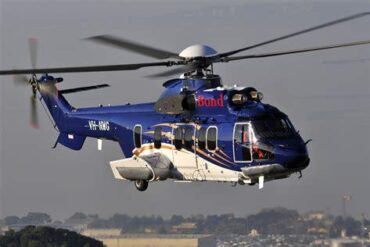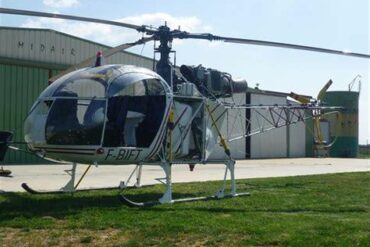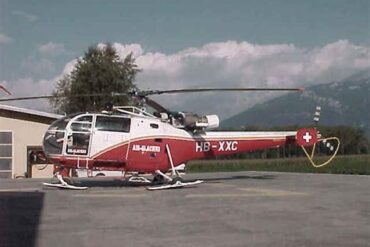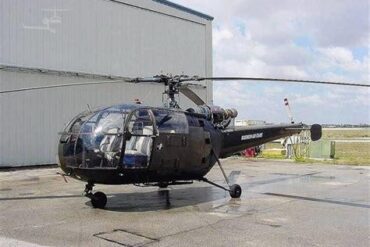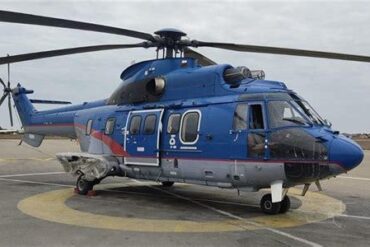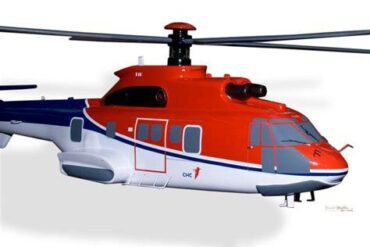The Pilatus PC-12 NG stands as a prominent figure in the world of single-engine turboprop aircraft, known for its versatility, efficiency, and superior performance. This article delves into the price of the Pilatus PC-12 NG, along with a comprehensive overview of its operating costs, providing potential buyers and operators with vital insights for informed decision-making.
Introduction to the Pilatus PC-12 NG
The Pilatus PC-12 NG is an upgraded version of the original PC-12, offering enhanced features and capabilities that cater to both private owners and commercial operators. With its robust design, spacious cabin, and impressive range, the PC-12 NG is suitable for various missions, including executive transport, cargo, air ambulance, and more.
Key Specifications
Before discussing the financial aspects, it’s essential to understand the aircraft’s specifications:
-
Maximum Range: Approximately 1,800 nautical miles
-
Cruise Speed: About 180 knots (207 mph)
-
Maximum Takeoff Weight: 4,700 lbs
-
Passenger Capacity: Up to 9 passengers in a typical configuration
-
Engine: Pratt & Whitney Canada PT6A-67P, delivering 1,200 shp
These specifications contribute to the aircraft’s reputation as a versatile and efficient option in the turboprop segment.
Purchasing the Pilatus PC-12 NG
Initial Purchase Price
The price of a new Pilatus PC-12 NG generally ranges between $4.5 million and $5.5 million. This price can fluctuate based on various factors, including optional equipment, avionics upgrades, and custom interior configurations. Buyers should also consider the cost of additional features such as:
-
Advanced avionics packages (e.g., Garmin G1000)
-
Enhanced cabin amenities (e.g., leather seating, entertainment systems)
-
Paint schemes and liveries
Pre-Owned Market
For those looking to purchase a pre-owned Pilatus PC-12 NG, prices can vary significantly depending on the aircraft’s age, condition, and flight hours. On average, the market for used models typically ranges from $2 million to $4 million. Conducting thorough research and inspections is vital to ensure a fair deal and avoid unforeseen expenses.
Operating Costs of the Pilatus PC-12 NG
Understanding the operating costs is crucial for owners and operators to gauge the financial sustainability of flying a PC-12 NG. These costs can be categorized into fixed and variable expenses.
Fixed Operating Costs
Fixed operating costs are expenses that remain constant regardless of flight hours. Key components include:
-
Insurance: Ranges from $15,000 to $30,000 annually, depending on coverage and pilot experience.
-
Hangar Fees: Costs vary by location but can average around $500 to $2,000 per month.
-
Annual Maintenance: Typical annual maintenance costs are estimated at $40,000 to $60,000, covering routine inspections and minor repairs.
-
Crew Salaries: If employing a pilot, expect annual salaries to range from $70,000 to $100,000, depending on qualifications and experience.
Variable Operating Costs
Variable operating costs fluctuate based on flight hours and operational demands. These include:
-
Fuel Costs: The PC-12 NG has a fuel burn rate of approximately 30 gallons per hour. With an average fuel price of $5 per gallon, this translates to around $150 per hour.
-
Maintenance Reserve: It is prudent to set aside about $100 to $150 per flight hour for unexpected maintenance issues.
-
Engine Program: Engaging in an engine maintenance program can help mitigate costs, typically averaging $200 per hour.
-
Landing and Ramp Fees: Depending on the airport, fees can range from $50 to $300 per landing.
Total Operating Costs
When combining fixed and variable costs, the total operating cost for the Pilatus PC-12 NG can average between $800 and $1,200 per flight hour. This broad range reflects differences in operational practices, geographical considerations, and specific mission profiles.
Depreciation and Resale Value
Another significant factor to consider is the depreciation of the Pilatus PC-12 NG. Like all aircraft, the PC-12 will depreciate over time, impacting its resale value. On average, turboprop aircraft like the PC-12 NG may depreciate at a rate of 5% to 7% annually during the first five years. However, due to the PC-12 NG’s popularity and reputation for reliability, it often retains a higher resale value compared to other aircraft in its class.
Resale Market Analysis
In the pre-owned market, well-maintained PC-12 NGs can command strong prices, particularly if they have low flight hours and desirable upgrades. Factors that enhance resale value include:
-
Comprehensive Maintenance History: Documented and consistent maintenance records bolster buyer confidence.
-
Upgraded Avionics and Interiors: Modern upgrades can significantly increase attractiveness in the resale market.
-
Low Flight Hours: Aircraft with lower total flight hours are generally more appealing to buyers.
Cost-Benefit Analysis
When contemplating the purchase and operation of a Pilatus PC-12 NG, a cost-benefit analysis is beneficial. Owners must weigh the initial investment against the operational flexibility, range, and overall capability of the aircraft.
Benefits of Operating a Pilatus PC-12 NG
-
Versatility: The PC-12 NG can operate from short runways, expanding access to remote destinations.
-
Low Operating Costs: Compared to jets, the operating costs of the PC-12 NG are significantly lower, making it an economical choice for regional travel.
-
Comfort: Its spacious cabin provides comfort for passengers, making it ideal for business and leisure travel.
Conclusion
In summary, the Pilatus PC-12 NG represents a valuable investment for those seeking a reliable, versatile, and cost-effective aircraft. Understanding the initial purchase price and operating costs is vital for prospective buyers. With an array of financial factors to consider, from acquisition costs to ongoing operational expenses, careful planning and analysis will help ensure that the benefits of owning a PC-12 NG far outweigh the costs. The combination of performance, efficiency, and resale value positions the PC-12 NG as a premier choice in the turboprop market, catering to diverse aviation needs.
